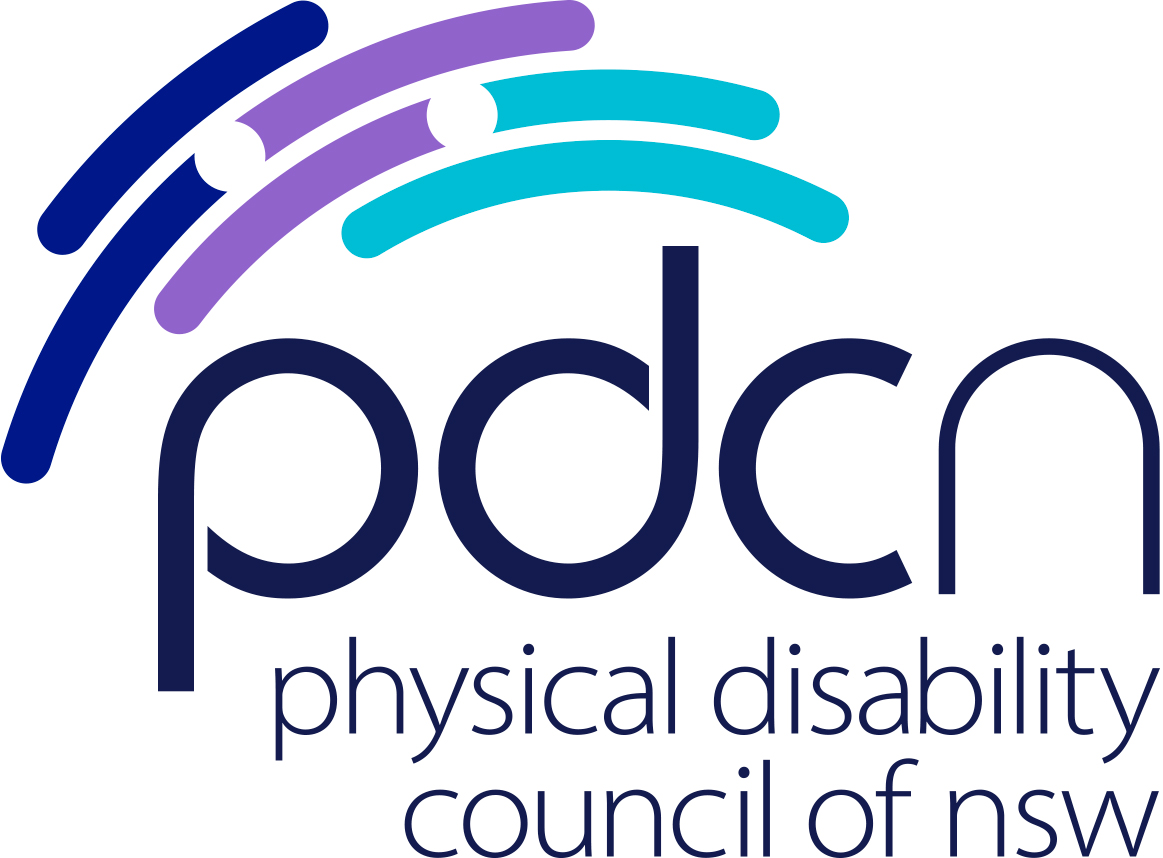PDCN created a series of videos to highlight the work that we do alongside people with physical disability. They highlight the pillars of PDCN’s work, the role of systemic advocacy as well as the services we offer to the community.
2020 International Day of People With Disability Forum
Building Back Better: Towards a disability-inclusive post COVID-19 world.
The COVID-19 pandemic has forced substantial changes in the way we live our lives and continues to do so. Over the last eight months we have seen a massive mobilisation of resources as both private and public sectors have worked to adjust and adapt across these uncertain times.
For people with physical disability, the shift to a new ‘physically distanced’ normal has both highlighted inequalities and provided opportunities for greater community connection and inclusion.
On the 2020 International Day of People with Disability our panel of speakers discuss the impacts of COVID-19 on the lives of people with physical disability and we consider the important questions; what can we learn from COVID-19 and what can we take with us to make our society more inclusive moving forwards.
Advocating for Accessibility
This video explores systemic advocacy and how PDCN strives to ensure that accessible infrastructure is implemented in NSW, featuring PDCN member and five-time Paralympian Angie Ballard.
Peer Support Groups
The Physical Disability Council of NSW runs a number of monthly peer groups all across the state. The groups are an opportunity for people to meet up and share knowledge and practical advice as well as moral support. This video features our Blacktown group and Community Connector Carolyn Campbell-McLean.
Systemic Advocacy
PDCN’s members contact us when there are issues that concern them so that we can advocate for change together. In the case of our member Steven Yates, we worked together to raise awareness about giving up your seat for people with invisible disabilities on public transport. We listen to our members and assist them at a broader level when systemic issues may be too large for individuals to manage on their own, so together we can implement access and inclusion for all!
